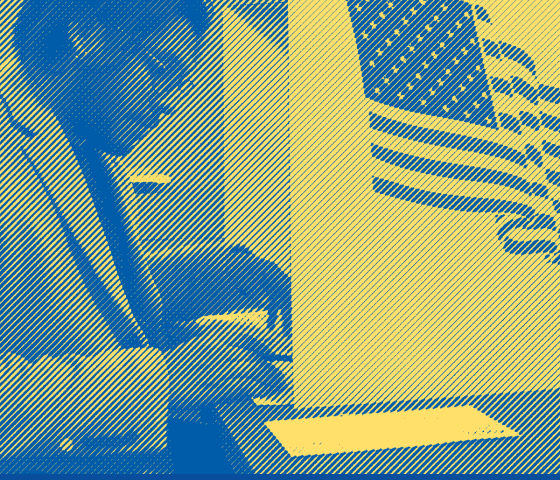Every day, each one of us becomes more dependent on fast, readily available Internet to find jobs, do our daily banking, pay bills, get loans, get medical information, do homework, apply for scholarships, and make essential purchases.
That’s why efforts to fight net neutrality — the Internet’s founding, guiding principle — are so disturbing.
Net neutrality, sometimes also called an open Internet, is an Internet where service is available on the same terms and conditions for everyone.
But big businesses and special interest groups want to be able to pay various Internet Service Providers (called ISPs, and include companies such as Mediacom, Century Link, Cox, and AT&T) to slow down the content we receive or block certain types of content altogether.
Look at this this way: Just as your phone company shouldn’t decide who you can and can’t call, who can call you, and what you say on your phone, your ISP shouldn’t interfere with the content you view or share online.
Efforts to do away with net neutrality are a big concern for anyone who believes in free speech and the open exchange of ideas. Most of those efforts are by big businesses who dislike the government regulating their ability to buy favored treatment from ISPs.
Recently, Mary Andringa, chair of the board of Vermeer Corporation, wrote a guest column for the Register in support of reversing Federal Communications Commission (FCC) regulations that two years ago recognized the Internet as the critical public utility that it is. The FCC imposed certain regulations on the Internet in order to assure net neutrality. Andringa said the regulations get in the way of her corporation and other large businesses.
We can’t fault Andringa for doing her job: making sure her business generates as much money as possible and assuring that its shareholders see a good profit.
But our job at the ACLU is to speak up for those without deep pockets or public platforms who would be wrongly impacted by a loss of net neutrality. That includes small businesses. It includes low-income people. It also includes average consumers like you who just want to get the most unbiased information possible, say, when researching which washing machine to buy. Or who finds that your connection is being slowed or dropped whenever you try to order pizza online from Domino's because Pizza Hut is paying your ISP.
And this goes way beyond washing machines and pizza. What if you want to read up on a political candidate, but that information is being throttled or distorted by an ISP that’s taken large payments from a political action committee who opposed the candidate?
Now, more than ever, net neutrality is critical to a state and a country that relies on the open, free exchange of ideas and information. We shouldn’t throw that all away in order to allow a limited number of big businesses and special interests to work behind the scenes to manipulate the critical online information we send and receive.
-- Mark Stringer, ACLU of Iowa Executive Director
